Catharine Dowda - Invisible Scars: How to Stop, Change or End Psychological Abuse
Here you can read online Catharine Dowda - Invisible Scars: How to Stop, Change or End Psychological Abuse full text of the book (entire story) in english for free. Download pdf and epub, get meaning, cover and reviews about this ebook. year: 2012, publisher: New Horizon Press, genre: Home and family. Description of the work, (preface) as well as reviews are available. Best literature library LitArk.com created for fans of good reading and offers a wide selection of genres:
Romance novel
Science fiction
Adventure
Detective
Science
History
Home and family
Prose
Art
Politics
Computer
Non-fiction
Religion
Business
Children
Humor
Choose a favorite category and find really read worthwhile books. Enjoy immersion in the world of imagination, feel the emotions of the characters or learn something new for yourself, make an fascinating discovery.

- Book:Invisible Scars: How to Stop, Change or End Psychological Abuse
- Author:
- Publisher:New Horizon Press
- Genre:
- Year:2012
- Rating:3 / 5
- Favourites:Add to favourites
- Your mark:
Invisible Scars: How to Stop, Change or End Psychological Abuse: summary, description and annotation
We offer to read an annotation, description, summary or preface (depends on what the author of the book "Invisible Scars: How to Stop, Change or End Psychological Abuse" wrote himself). If you haven't found the necessary information about the book — write in the comments, we will try to find it.
Psychological abuse between couples consists of devious mind games creating an environment of fear, weakening the partners defenses, damaging their self-esteem, causing someone to feel like he or she is crazy, and, perhaps worst of all, making the victim feel as though they are unable to escape. All of these manipulations are meant to establish or maintain control, and Invisible Scars examines the complexities of this insidious abuse and the reasons people have for staying or leaving. Direct and reader-friendly, the book offers insights and suggestions to both victim and abuser to bring about positive change. Poignant case studies and first-person accounts from both victims and abusers provide thought-provoking questions for the reader to consider and act upon, making this guide a valuable resource for those in psychologically abusive relationships and their loved ones, as well as for psychological professionals.|
Psychological abuse between couples consists of devious mind games creating an environment of fear, weakening the partners defenses, damaging their self-esteem, causing someone to feel like he or she is crazy, and, perhaps worst of all, making the victim feel as though they are unable to escape. All of these manipulations are meant to establish or maintain control, and Invisible Scars examines the complexities of this insidious abuse and the reasons people have for staying or leaving. Direct and reader-friendly, the book offers insights and suggestions to both victim and abuser to bring about positive change. Poignant case studies and first-person accounts from both victims and abusers provide thought-provoking questions for the reader to consider and act upon, making this guide a valuable resource for those in psychologically abusive relationships and their loved ones, as well as for psychological professionals.
Catharine Dowda: author's other books
Who wrote Invisible Scars: How to Stop, Change or End Psychological Abuse? Find out the surname, the name of the author of the book and a list of all author's works by series.

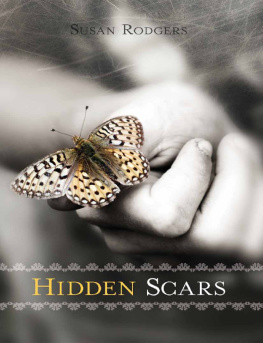
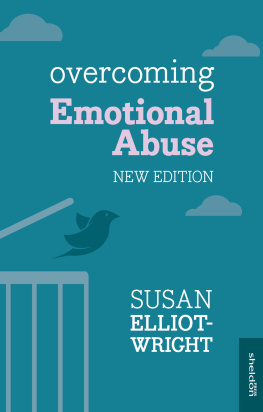
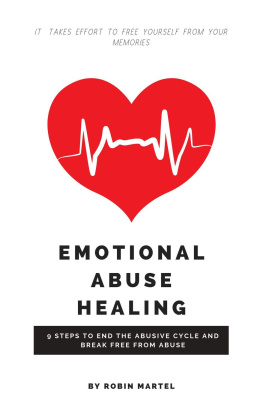
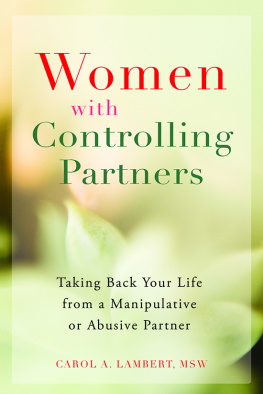
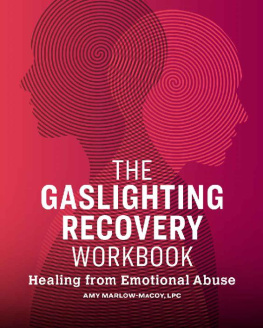
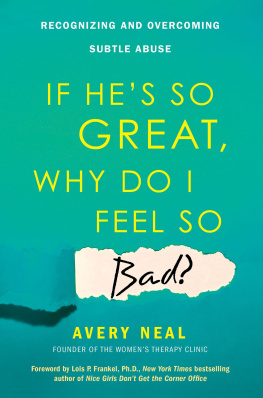
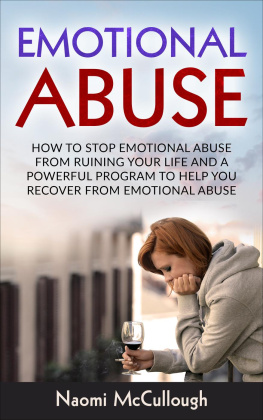
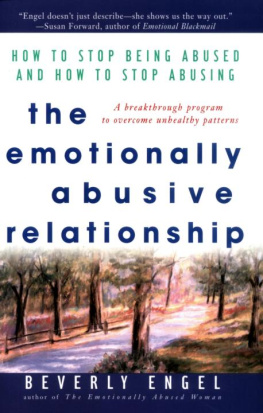
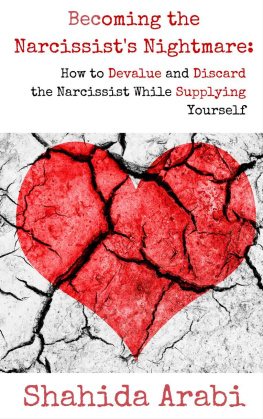
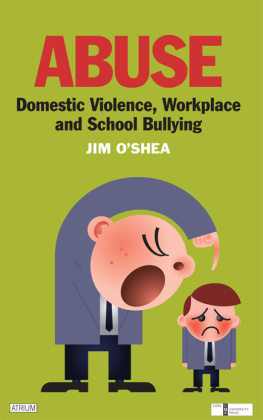
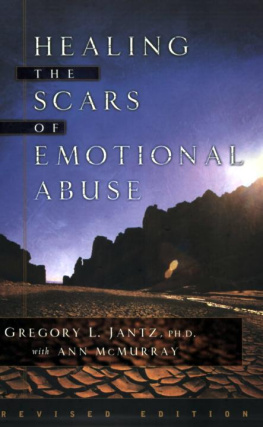
 Why does she stay with him?
Why does she stay with him?